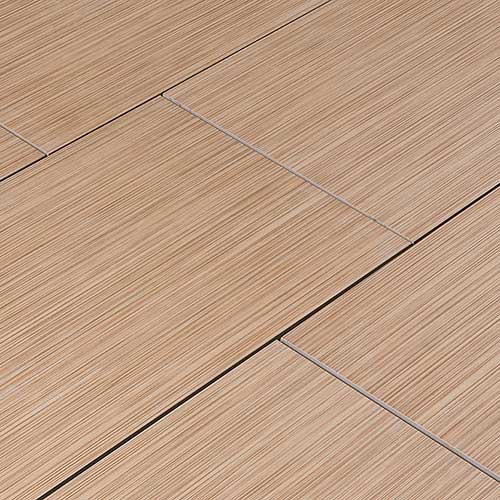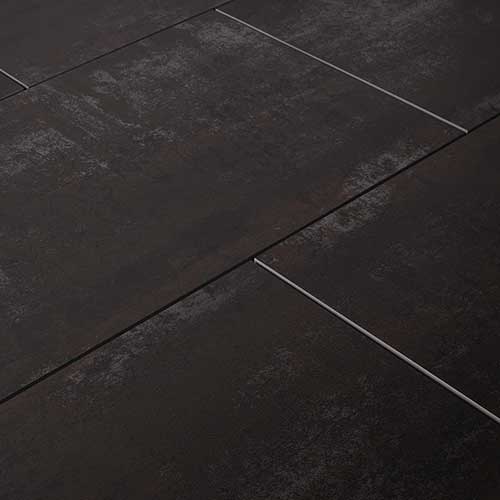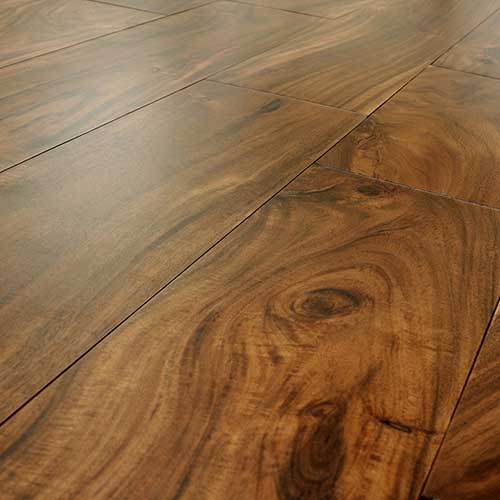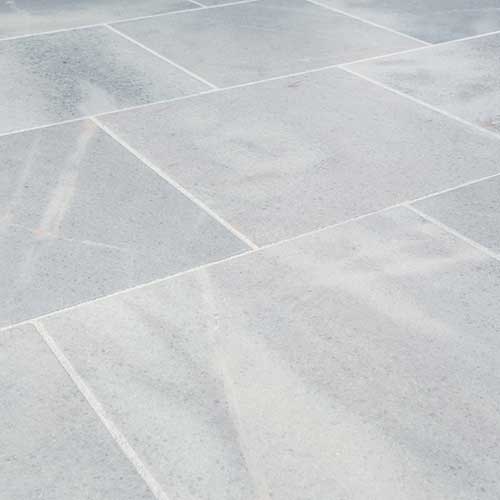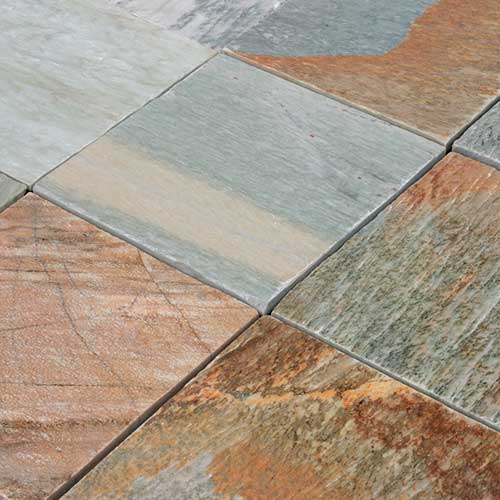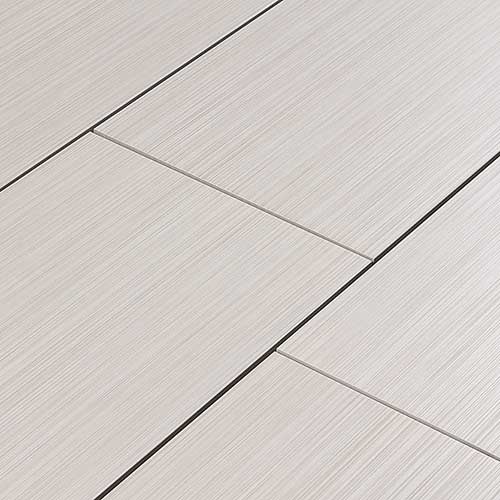Vinyl FlooringWaterproof Rigid Core Vinyl FlooringVinyl Plank FlooringGlue Down Vinyl FlooringWPC Vinyl FlooringSPC Rigid Core Vinyl FlooringPeel and Stick Vinyl FlooringLoose Lay Vinyl FlooringTile Look Vinyl FlooringFloor MoldingsUnderlaymentAdhesivesWood FlooringSolid Hardwood FlooringUnfinished Hardwood FlooringEngineered Hardwood FlooringWaterproof Engineered Hardwood FlooringBamboo FlooringFloor MoldingsUnderlaymentAdhesivesAll FlooringLaminate FlooringLaminateWater Resistant Laminate FlooringFloor MoldingsUnderlaymentAdhesivesTile FlooringCeramic TilePorcelain TileNatural Stone TileTravertine TileMarble TileGranite TileSlate TileLimestone TileMarble TileGranite TileSlate TileLimestone TileDeckingComposite DeckingWood DeckingDeck TilesDeck AccessoriesOtherCarpet TilesAccessoriesAdhesivesUnderlayFloor MoldingsBuilding MaterialsOutdoorCarpet TilesClearancePro RewardsDEALSClearanceSaleHV Picks
Flooring
Whether you're searching for wood, tile, or vinyl flooring, we've got you covered. Browse our impressive selection of flooring products below, with incredible quality and unparalleled prices.
Choose The Best Flooring For You
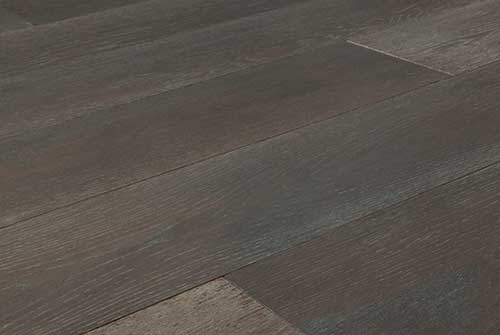
Wood FlooringShop all
Hardwood, engineered hardwood, laminate, and bamboo.
The hue, grain, stability and hardness is dependant on the type and species of wood.
Wood floors offer warmth, beauty, and value, which never goes out of style
Commonly installed on or above grade, in areas with minimal moisture.
Installation difficulty: medium.
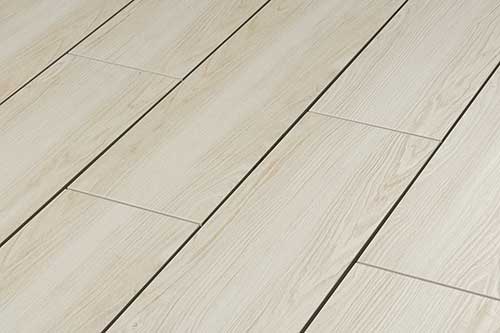
Tile FlooringShop all
Ceramic, porcelain, marble, travertine, slate, granite and limestone.
From ceramic & porcelain to natural stone, tile flooring creates a clean and sophisticated look.
Ranging from traditional to modern, our tiles are durable, unique and timeless.
Commonly installed in bathrooms, kitchens, and living spaces.
Installation difficulty: high.
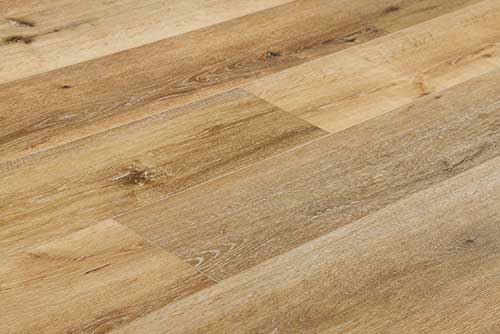
Vinyl FlooringShop all
Available in various plank and tile options.
Our remarkable vinyl floors can replicate the appearance of hardwood, tile, and more.
Vinyl is economical, and lasts for a long time if it’s properly maintained and looked after.
Depending on the vinyl, it is a great alternative for rooms with moisture.
Installation difficulty: low.
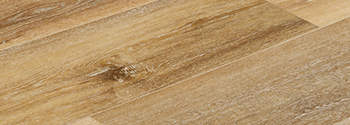
Waterproof FlooringShop all
Waterproof flooring repels water and prevents moisture buildup, thereby reducing the risk of hazardous mold and mildew growth
Waterproof options are available in engineered flooring, porcelain tile, ceramic and vinyl
Porcelain and ceramic tiles are virtually impenetrable, allowing for easy maintenance and cleaning. State-of-the-art engineered hardwood is a modern waterproof flooring option
Commonly installed in kitchens, bedrooms, bathrooms, and the basement.
Installation difficulty: medium
Shop By Category
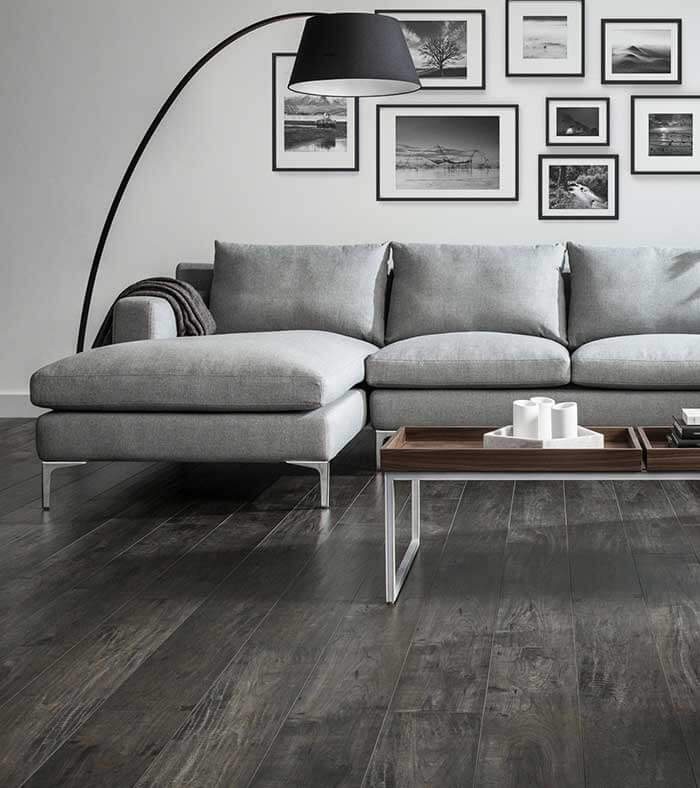
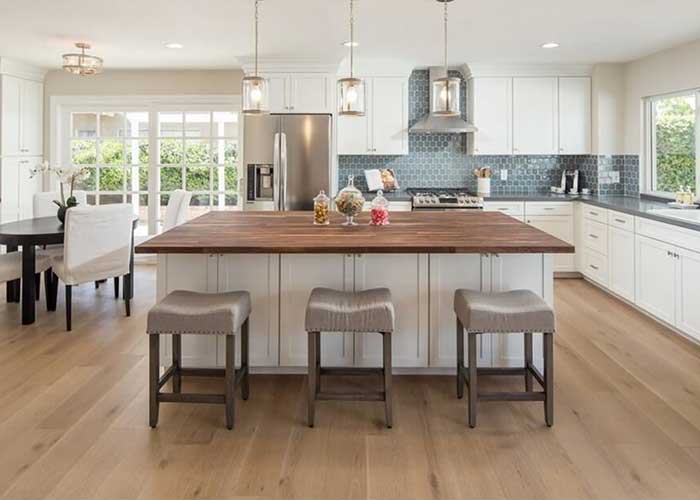
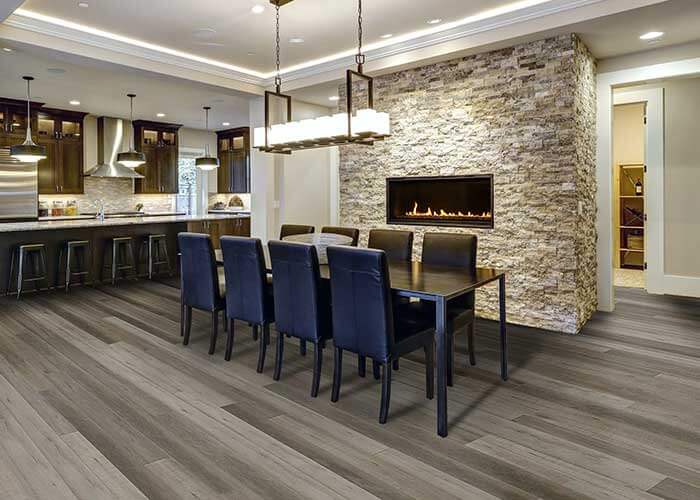
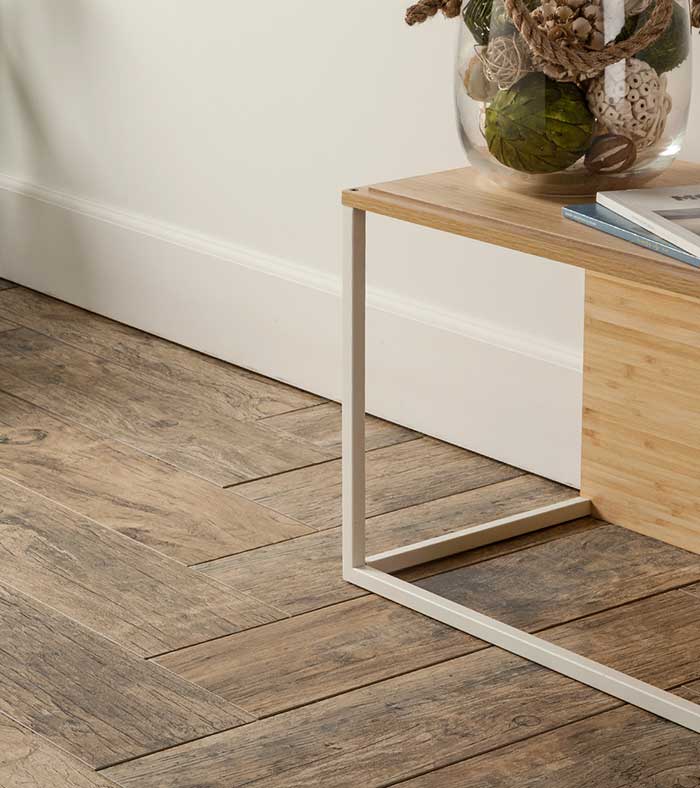
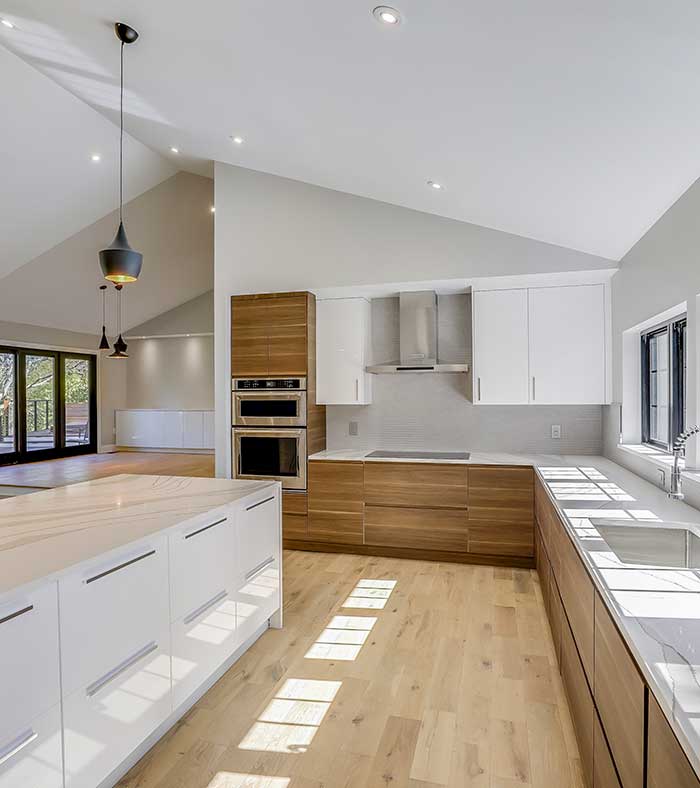
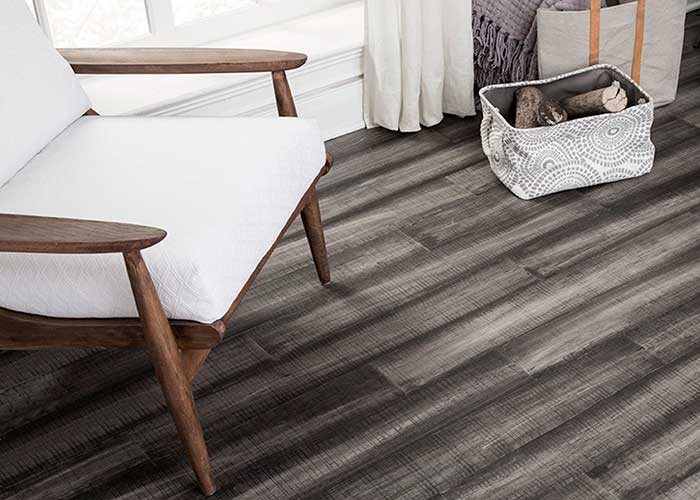
Frequently Asked Questions
What is solid wood flooring?
What is the difference between solid wood and laminate?
Can I install a wood floor if I have pets?
What is engineered flooring?
What is a floating wood floor?
Are wood floors difficult to maintain and clean?
Do solid wood floors increase the value of your home?
Which installation method is best?
How does buying tile from BuildDirect work?
Where can your tiles be used and what is a PEI rating?
How durable is tile flooring?
What’s the best way to keep tiles clean?
What causes basement moisture?
What is the best waterproof flooring for a basement?
Is vinyl flooring waterproof?
Can I waterproof laminate flooring?
Can waterproof flooring be used outside?
What causes basement moisture? Causes Basement Moisture?
What is the best waterproof flooring for a basement?
Is vinyl flooring waterproof?
What BuildDirect Customers Are Saying
Verified Purchased
These floors are stunning! So much variation. You won’t regret this buy. Contractor said they were easy to install and very impressed with the quality. Seriously, buy this flooring!
Staci S.
Spring Hill, TN
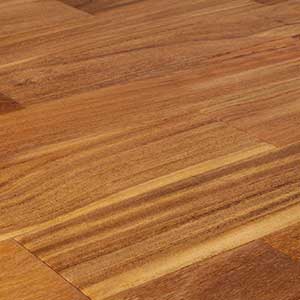
Verified Purchased
We love the floor! It looks like the picture & the sample. Really looks like a wood floor & this color brightened the room so much after having a brown wood floor. & great price.
Rhonda T.
Brooklyn, NY
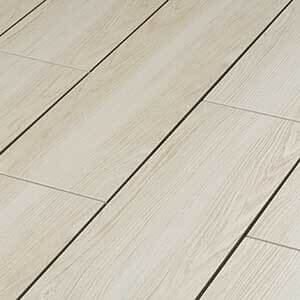
Verified Purchased
Easy to assemble, looks great! Looking at doing other rooms in this material now.
Tom B.
Libertyville, IL
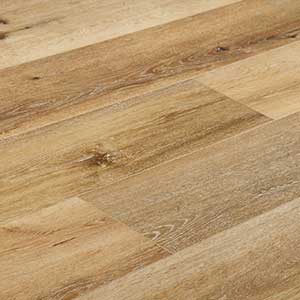
Verified Purchased
$25/ft look at a fraction. I ordered this tile because it was available fast. Only the tile guy of the renovation team declared out of the box it was perfect. I had to see it down and it really does have an elegant look. Quality of tiles was A+
Robert S.
Dallas, TX
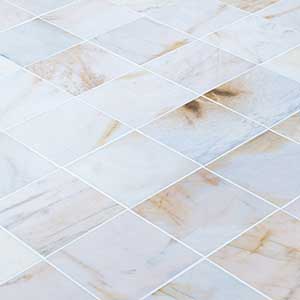
![[object Object]](png/logo-blue9b01.png)
